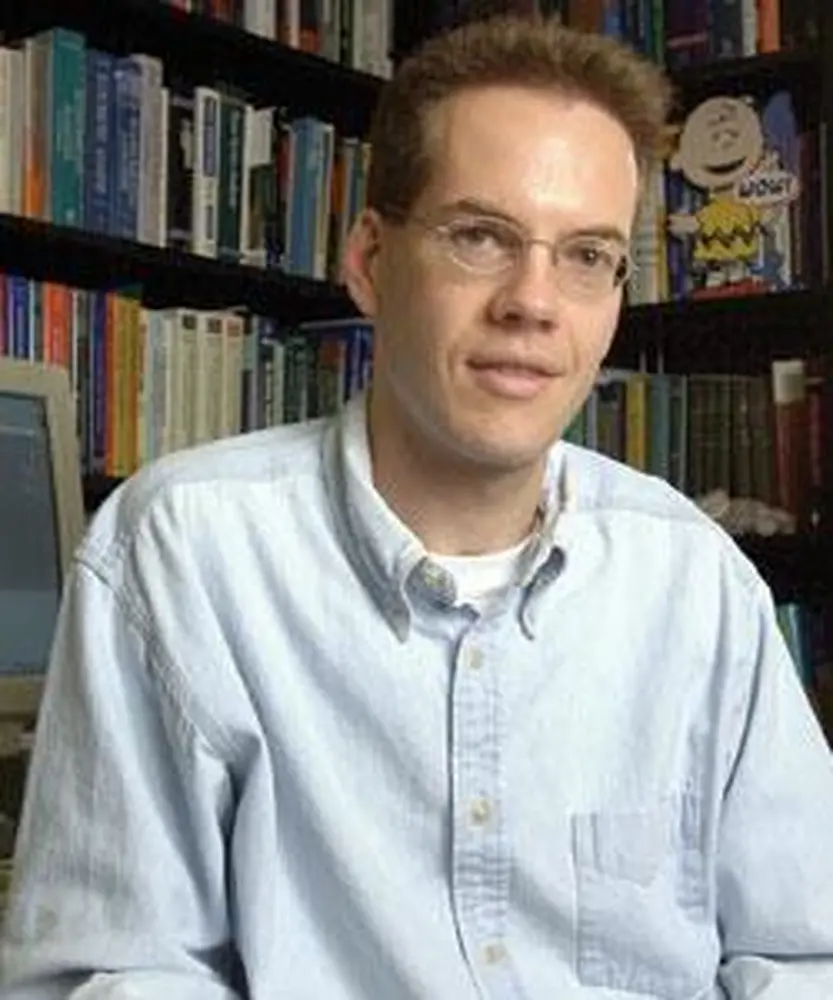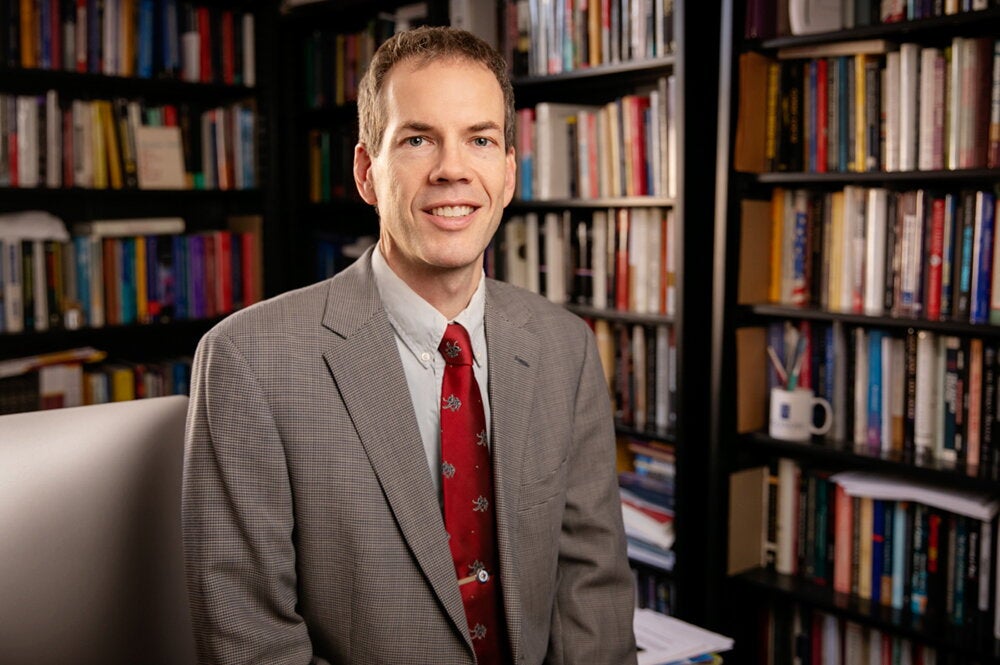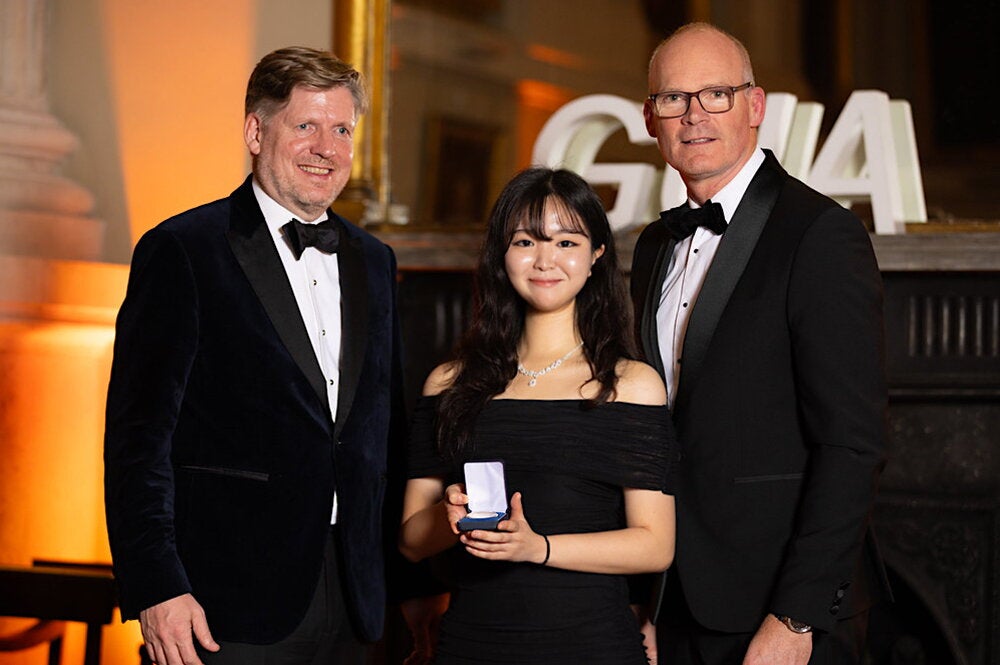

Advocates say a new Illinois state law signed on December 9, 2009, is a historic step toward campaign finance reform, but a U of I political scientist cautions that it will take one or two election cycles before state residents can accurately judge whether the legislation has triggered any meaningful change—and he’s not holding his breath.
“Illinois has never had limits for state races (unlike most other states and federal offices), so this is real change,” Professor Brian Gaines told the U of I News Bureau. “But campaign-finance reforms very often do not achieve the goals their sponsors announce.... There may be legal challenges, and there are probably loopholes.”
Beginning January 1, 2011, the new law limits the size of campaign donations by individuals to all candidates to a maximum of $5,000 per election. Businesses and associations are limited to $10,000 per candidate, and political action committees are limited to $50,000 per candidate. Additionally, disclosures of donations will be more complete and prompt.
However, what’s already missing, he says, is that there are no limits on general-election funding of candidates by the parties. Most of the money in closely contested General Assembly races, for example, comes from funds controlled by party leaders, Gaines says.
“Control of these purse strings gives party leaders like House Speaker Mike Madigan extremely tight control of their caucuses. This new law does not change that, and may even exaggerate the power of leaders over ordinary ‘backbench’ legislators,” he says. Gaines adds that the largest discrepancies in campaign spending occur in legislative races, favoring incumbents, and incumbents have no incentive to rewrite the rules that give them such an advantage.
“There is no state with a legal campaign-finance framework that offsets the edge that incumbents, as a class, enjoy over challengers,” Gaines says.
The December 9 reform was signed into law as part of a legislation package meant to curb corruption. It was signed into law on the first anniversary of former governor Rod Blagojevich’s arrest on charges that included trying to sell President Barack Obama’s vacated U.S. Senate seat. But Gaines says the reforms are paddling against an entrenched tolerance of corruption and “culture of cynicism about government.”
Gaines adds that there’s not even consensus among political scientists that limiting the influence of money in campaigns is strictly desirable. Dissenters argue that if it takes money for cola and car companies to sell their products, Gaines says, why are we alarmed that it takes money to get elected?


